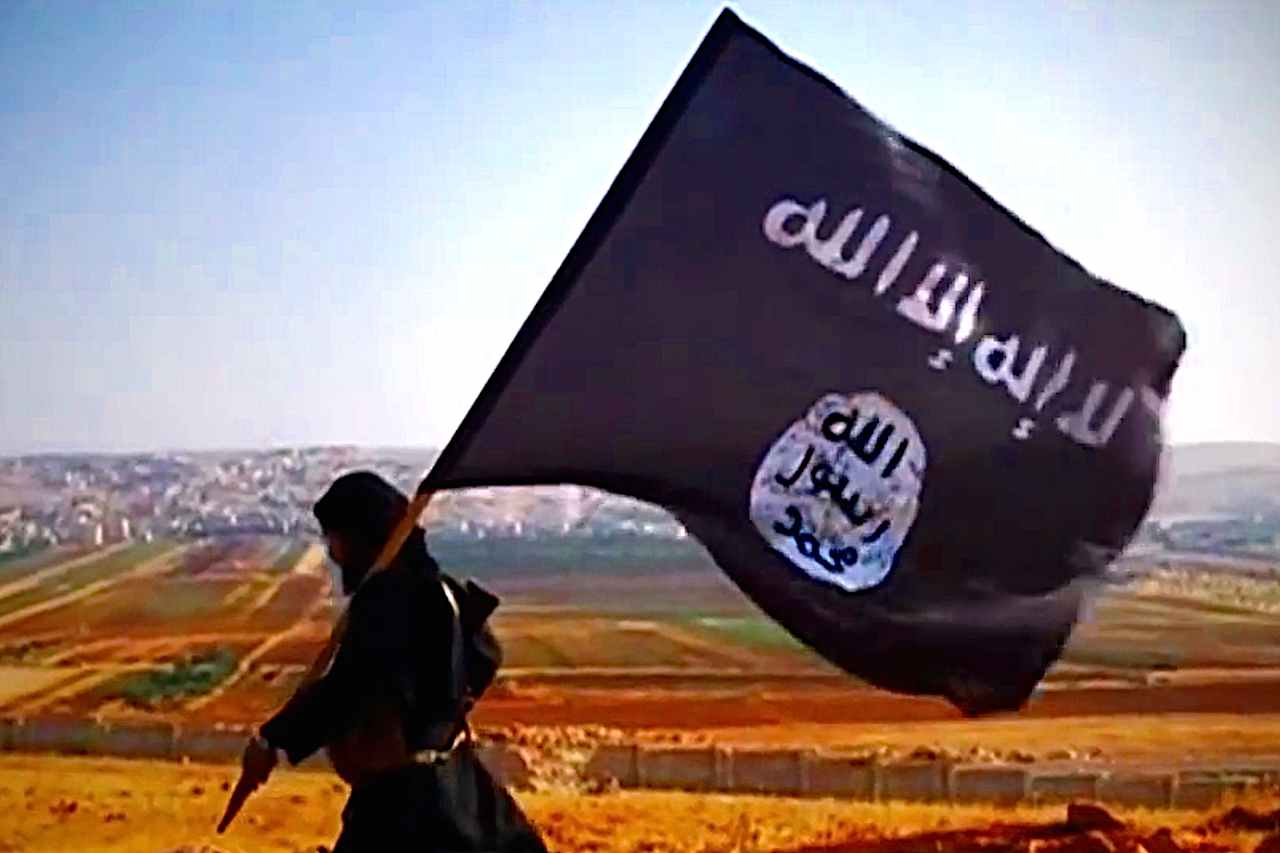By Yoram SchweitzerThe death of Abu al Hassan al Hashemi al Quraishi, third caliph of the Islamic State, occurred in mid-October 2022 during a battle with the aim of capturing senior operatives of the organization in the town of Jasim, in the governorate of Daraa, without the attackers knowing that the top leader was hiding there.After several days of combat, the caliph and his associates immolated themselves, and only then did it become known that he was among the dead.Like his two predecessors, he immolated himself to avoid being captured.His death was officially confirmed on November 30 by an Islamic State spokesman, who at the same time announced the appointment of Abu al Hussein al Husseini al Quraishi as the fourth caliph.The rapid announcement of a new caliph attests to the organization’s effort to maintain organizational solidarity and continuity of command, and to maintain its ties with its affiliates around the world.In fact, several organizations in around twenty countries have already pledged their loyalty to the new caliph.At the same time, the third caliph’s death made no waves and received relatively minor media coverage, suggesting the diminished stature of the “caliph” in the Islamic State, which was once a top position.This was especially the case in the early years of the Islamic State, when Abu Bakr al Baghdadi appointed himself the organization’s first caliph, which was at the height of its power and controlled wide swaths of territory in Syria and Iraq.Furthermore, the stature of the organization itself appears to have declined among its members and in its network of alliances around the world.At the same time, the West views the organization as less of a threat.Indeed, the Islamic States and its affiliates, particularly in Africa and South and Southeast Asia, commit dozens of attacks around the world that attract little attention among Western countries, which do not currently perceive an acute threat to their security.However, even if they are seemingly at a low point, Salafist jihadist organizations remain firmly committed to their ideology and their extremist interpretation of Islam.They continue to have trained and experienced fighters in Syria and Iraq, as well as reserves of youth growing up in displacement camps in Syria and elsewhere who may well embrace active terrorism, in the name of Islam and the path of God.Source: INSS The Institute for National Security StudiesPost navigation
Subscribe to Updates
Get the latest creative news from FooBar about art, design and business.


